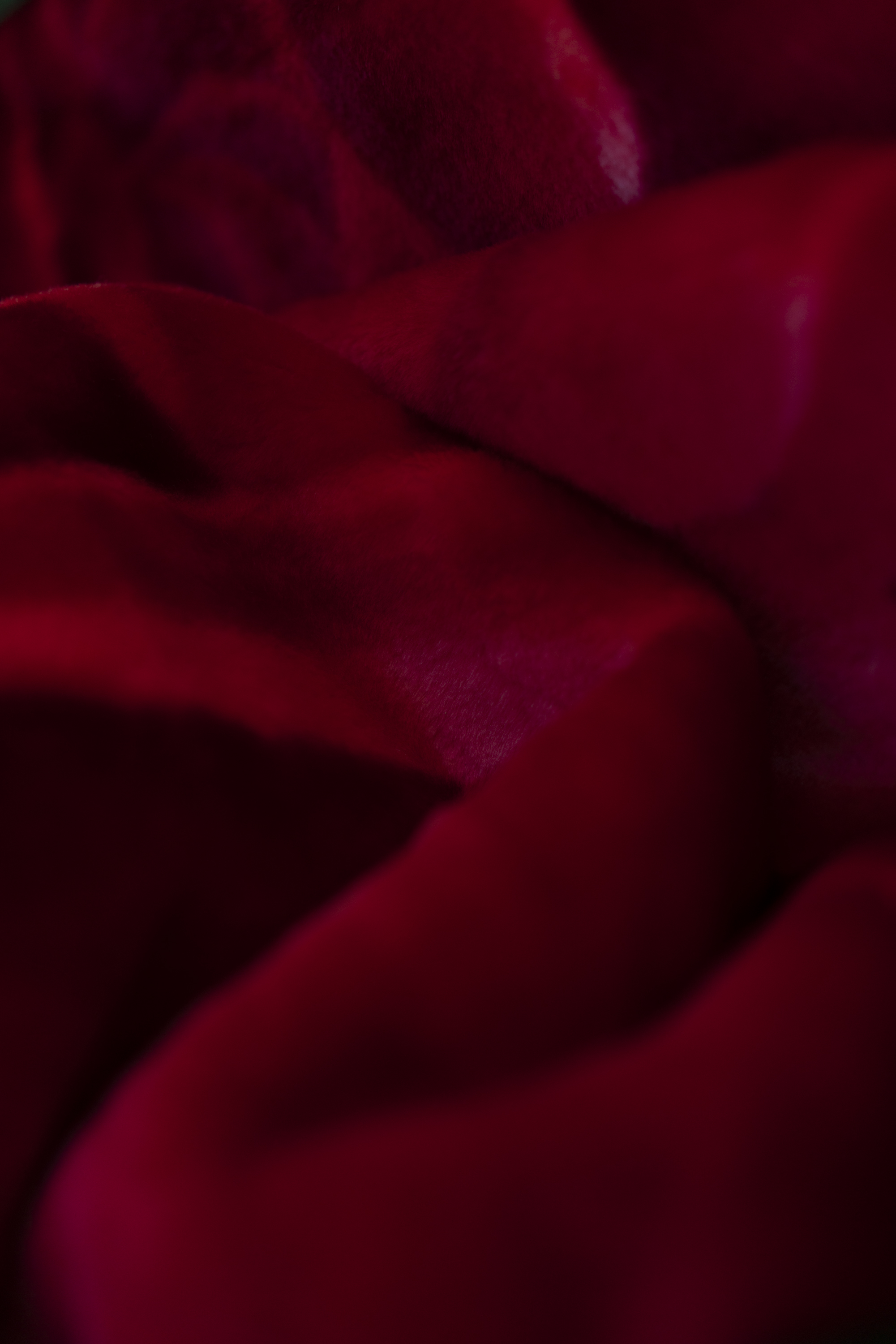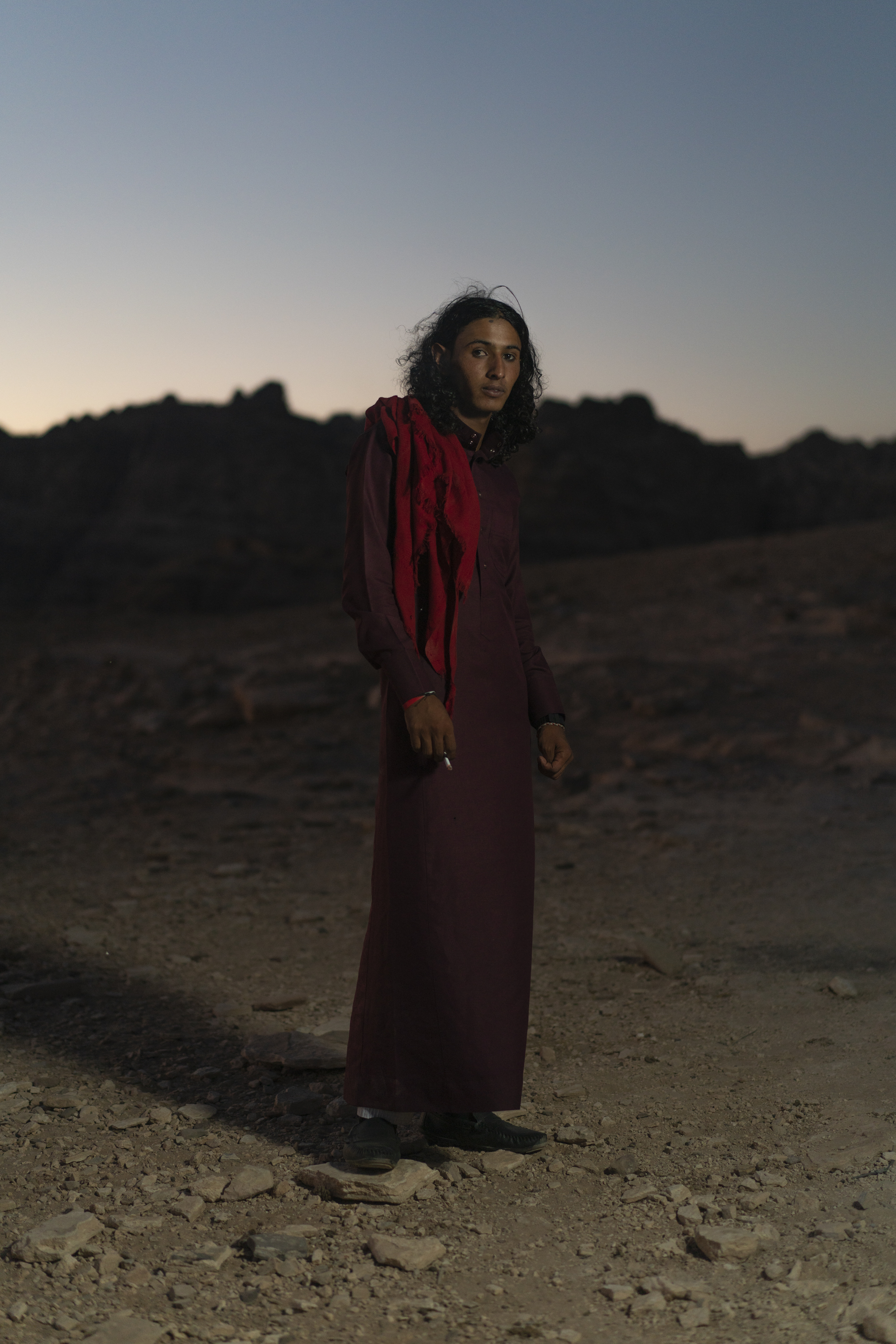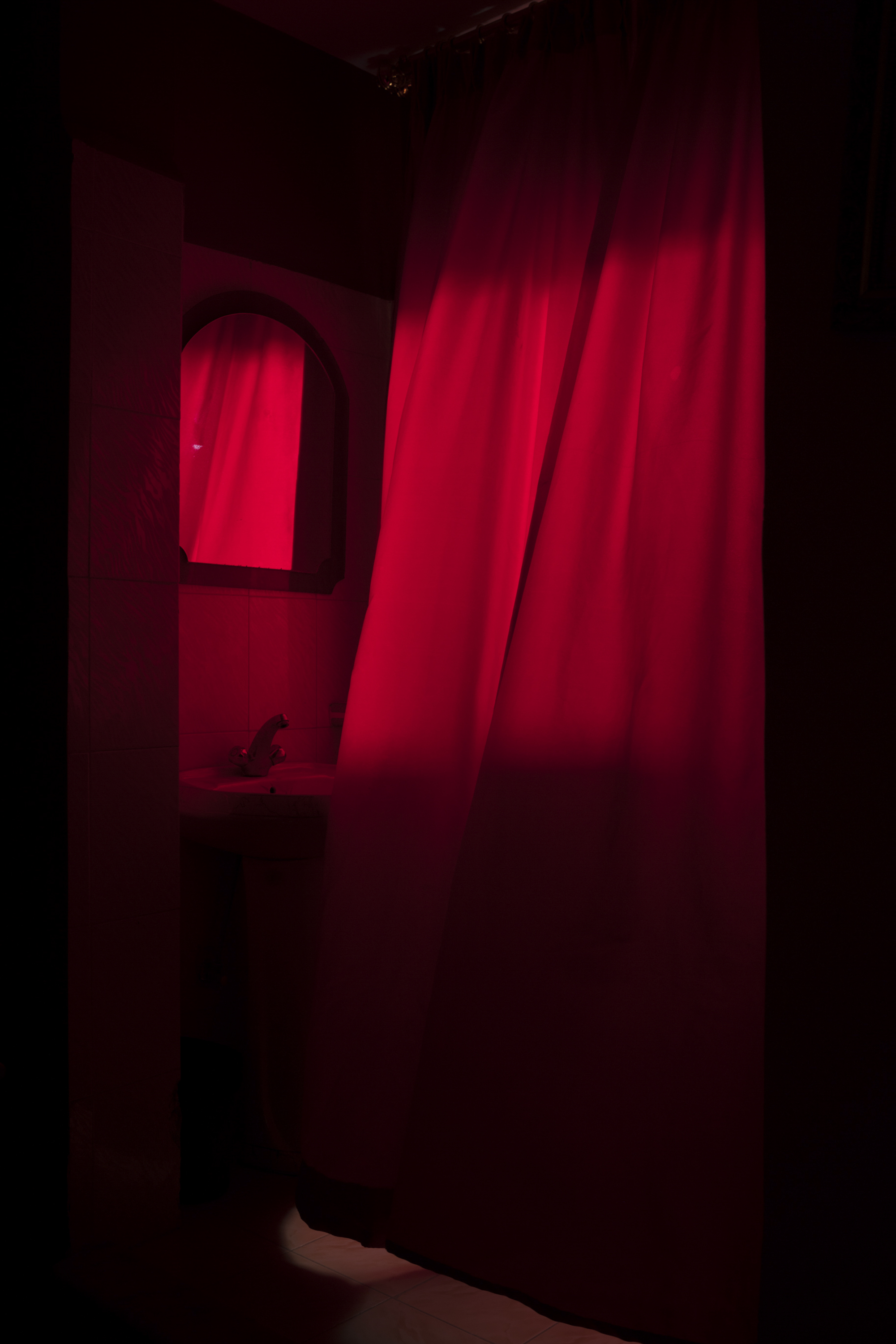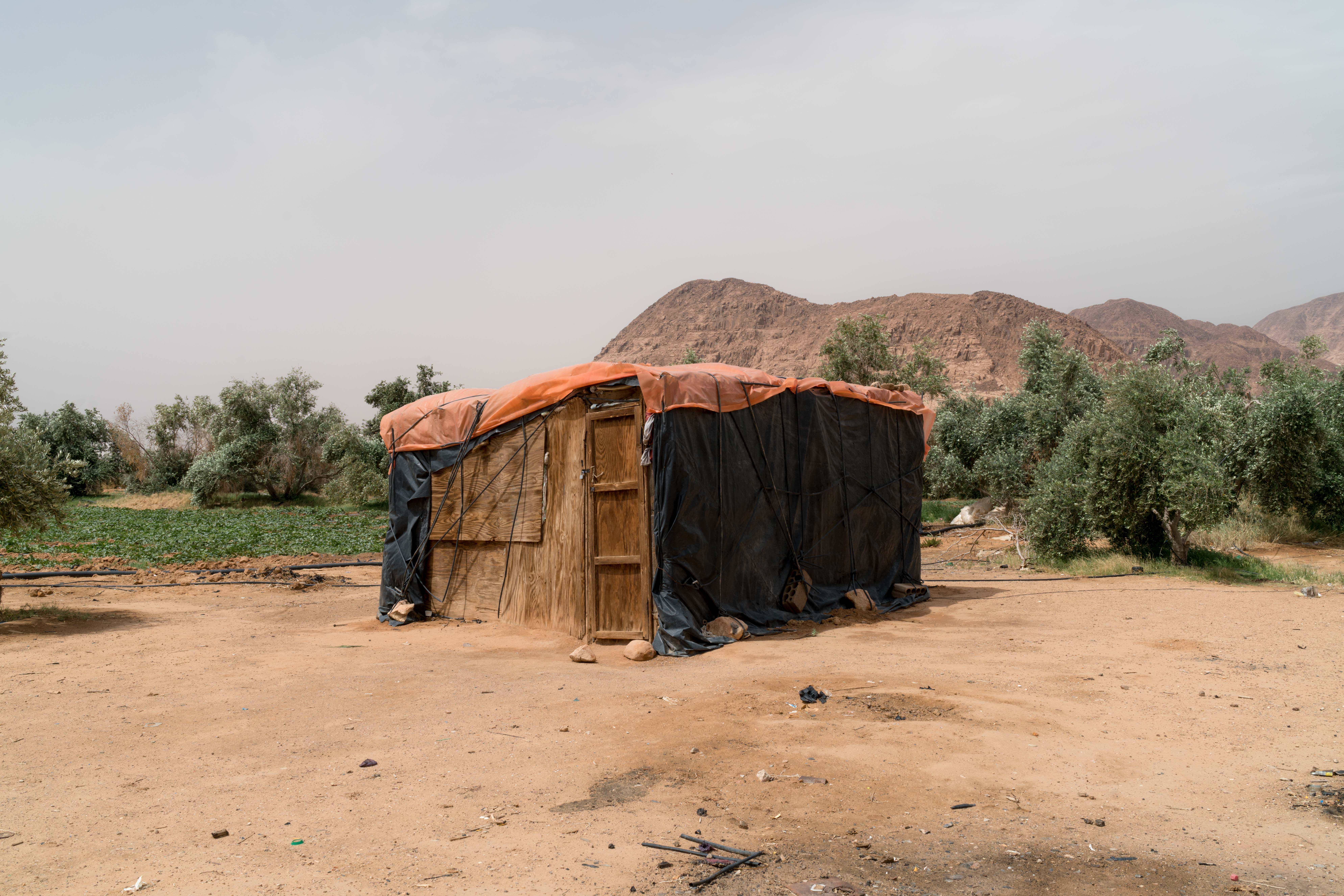

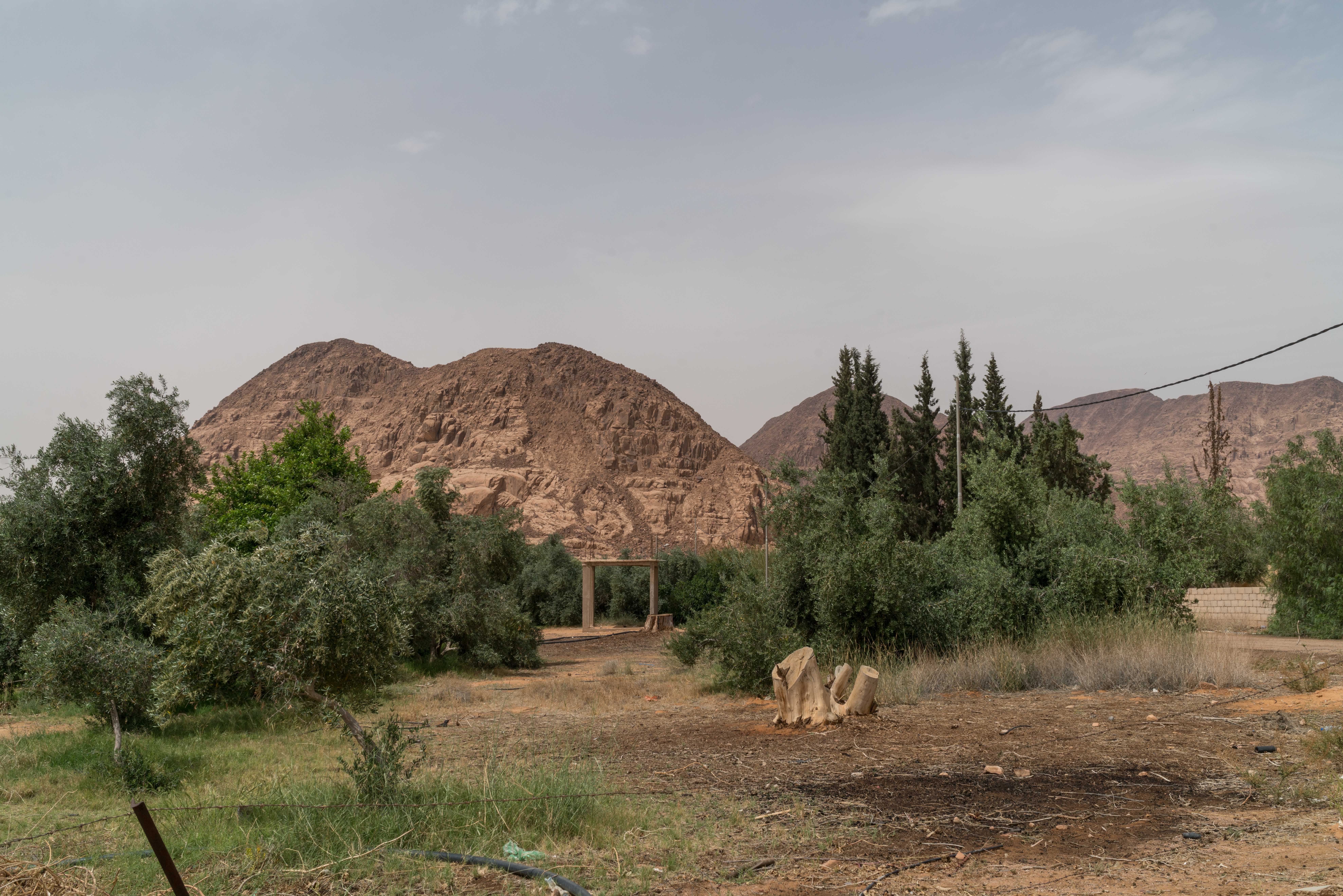


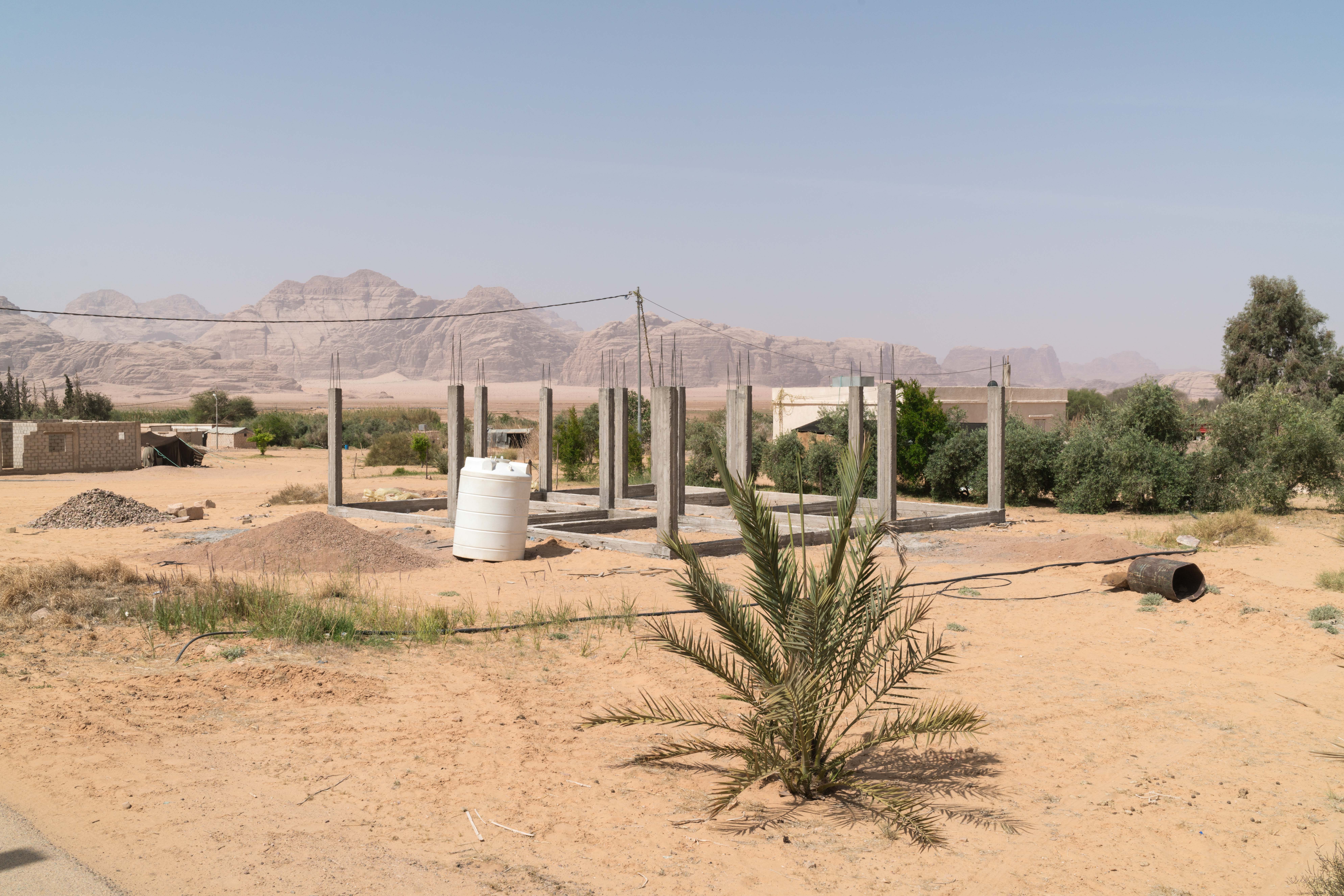




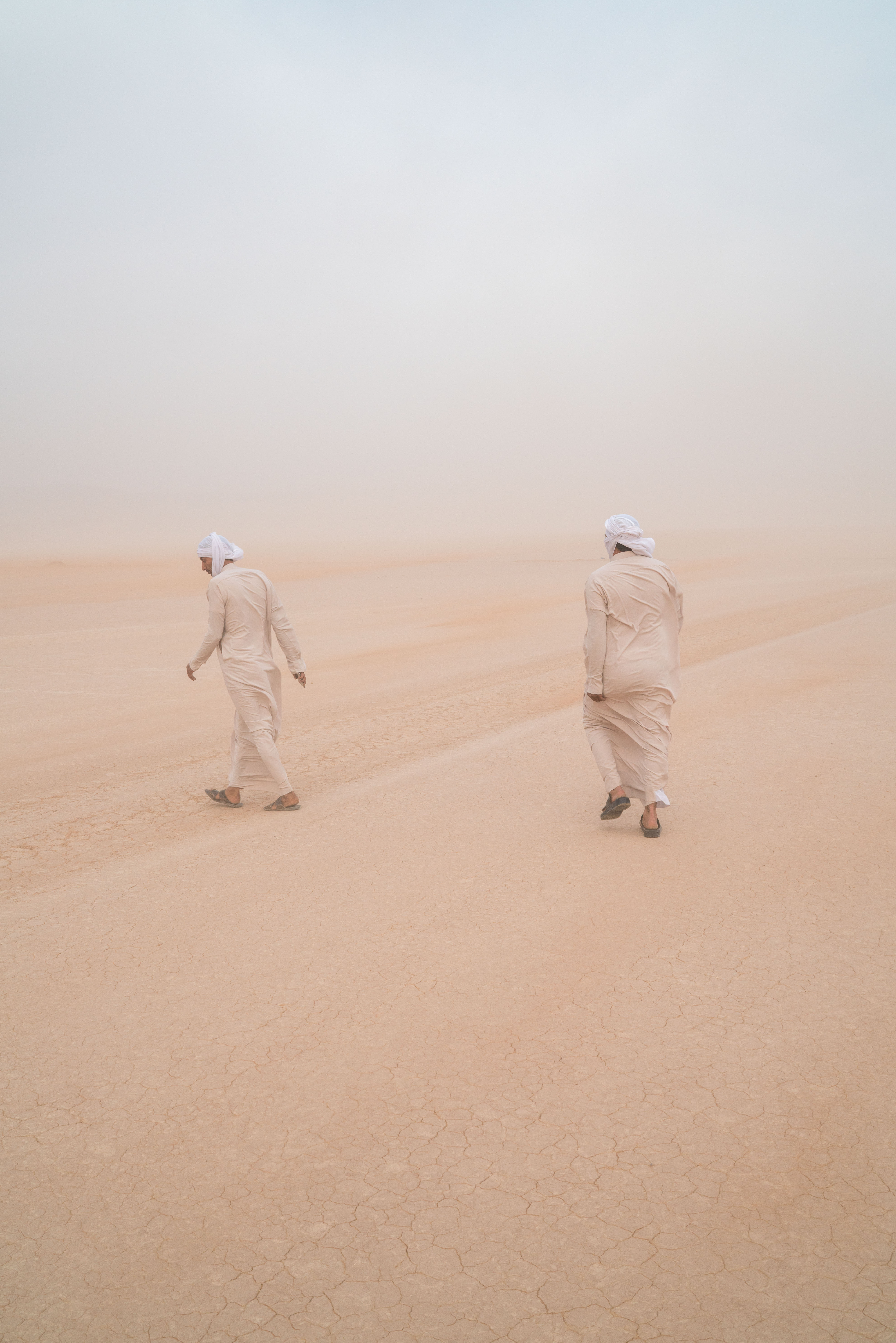
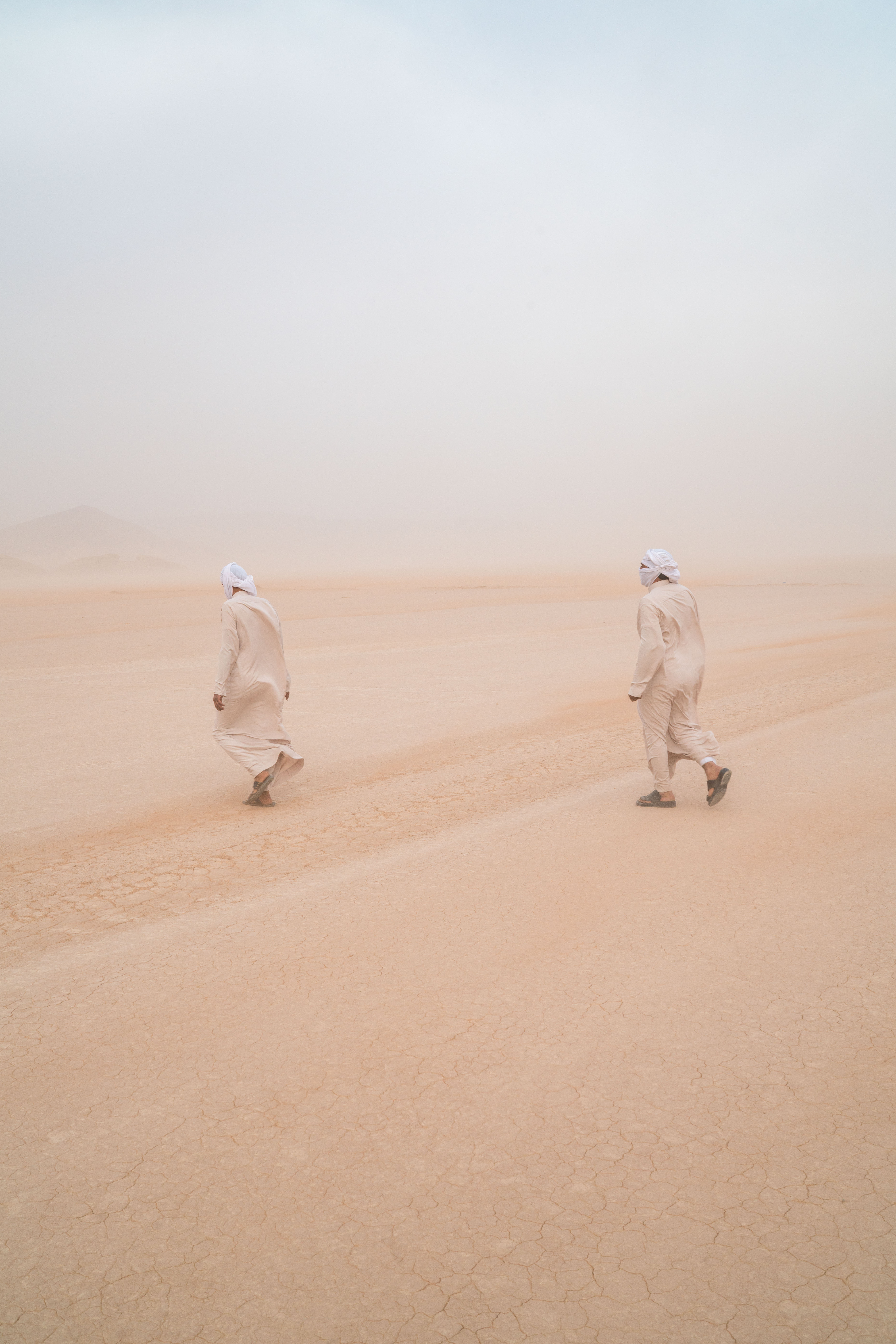
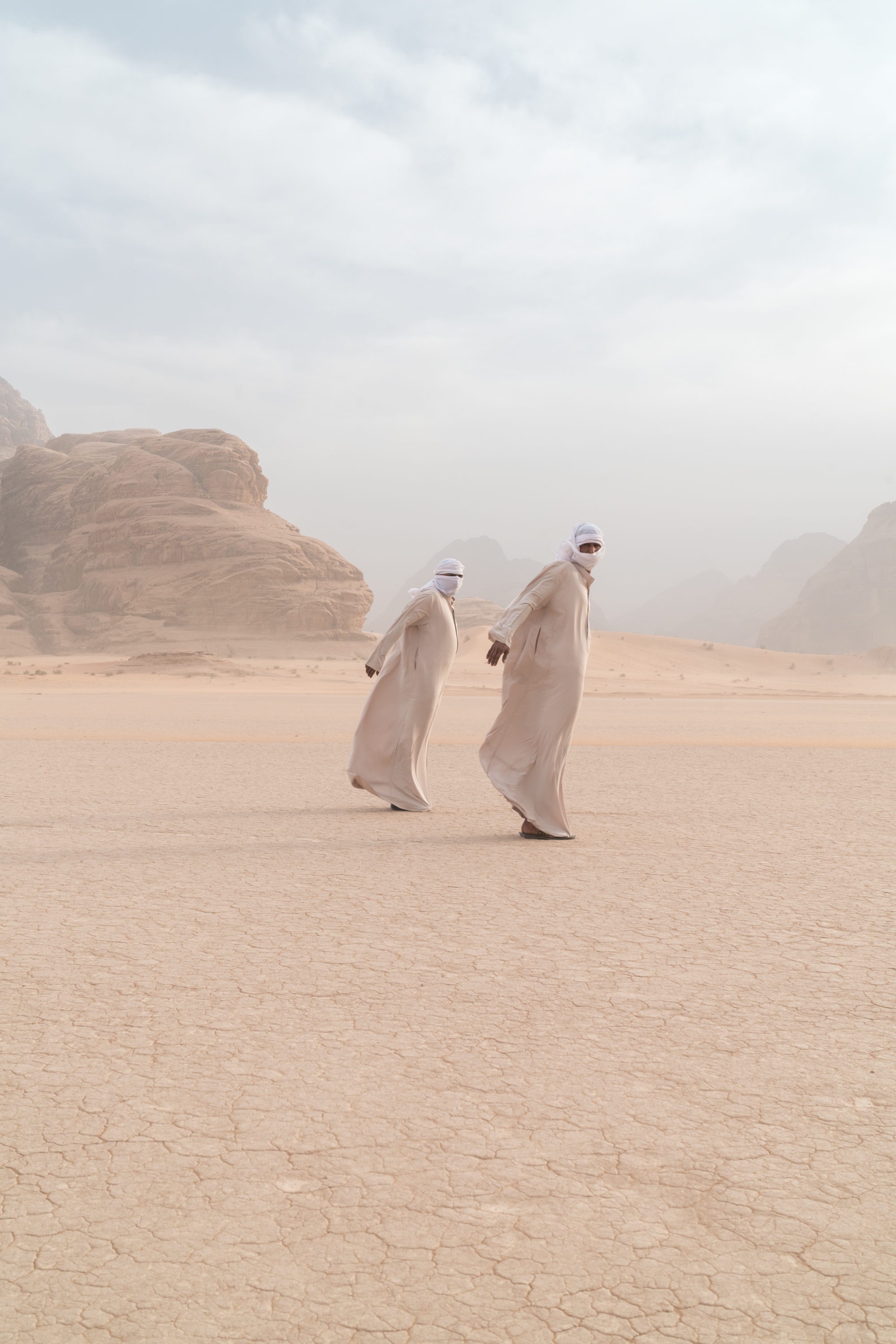

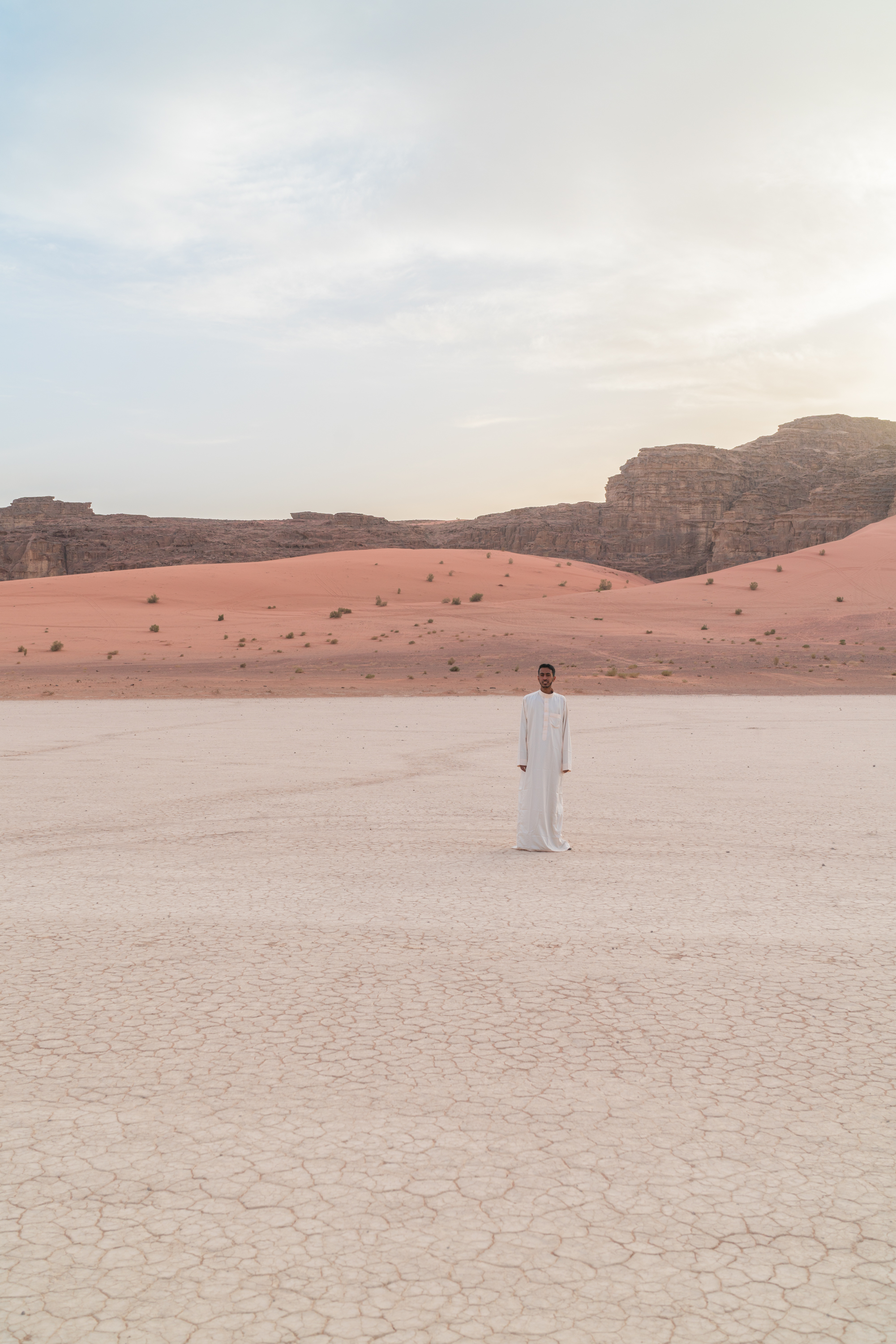
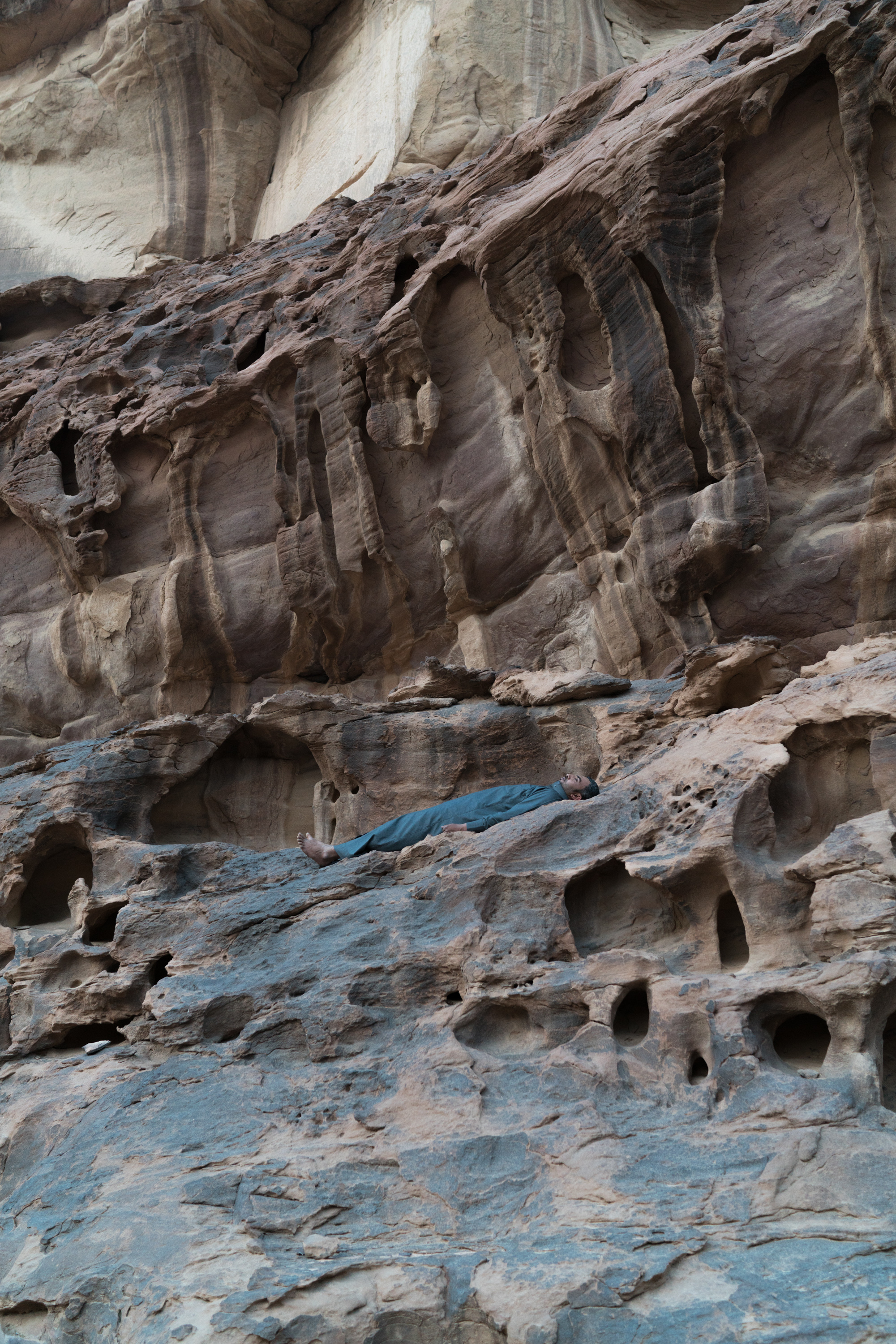

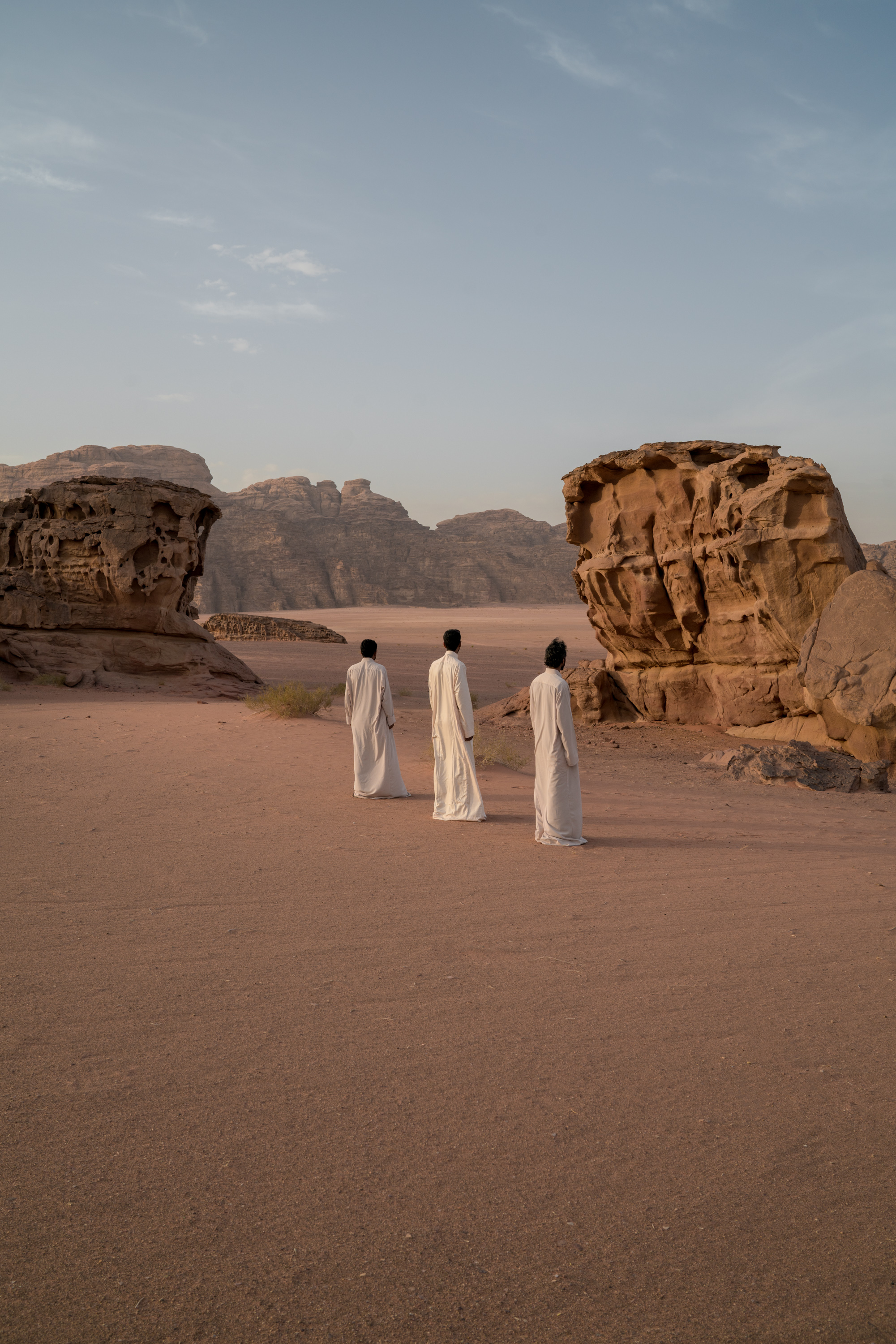
‘Bedu’ addresses issues of identity and representation by studying
the history of western orientalist photographic representation of the
Arab man.
Within this context, the Bedouin man is constantly performing
for the voyeuristic gaze.
Forever represented as the nomadic man living a quaint life in the desert,
and he,
unlike the rest of the world is immune to the impact of time, development, and modernity.
The exotic lens which captured ‘the Other’, has shaped the global perception of the
region under the same lens. And continues to shape it today.
I worked in collaboration with the Bedouin men of the Wadi Rum desert in Jordan to create an inclusive
and reflective body of work. It is a performative play with the viewer’s vision of the man, the desert
and the relationship between both.
This dance within the landscape hopes to emphasise the performative role that plays into most
aspects of the tourism industry. As a person who seeks to experience people and places through your lens,
what role do you play in this performance, and shaping the reality of the people who are captured through your lens?
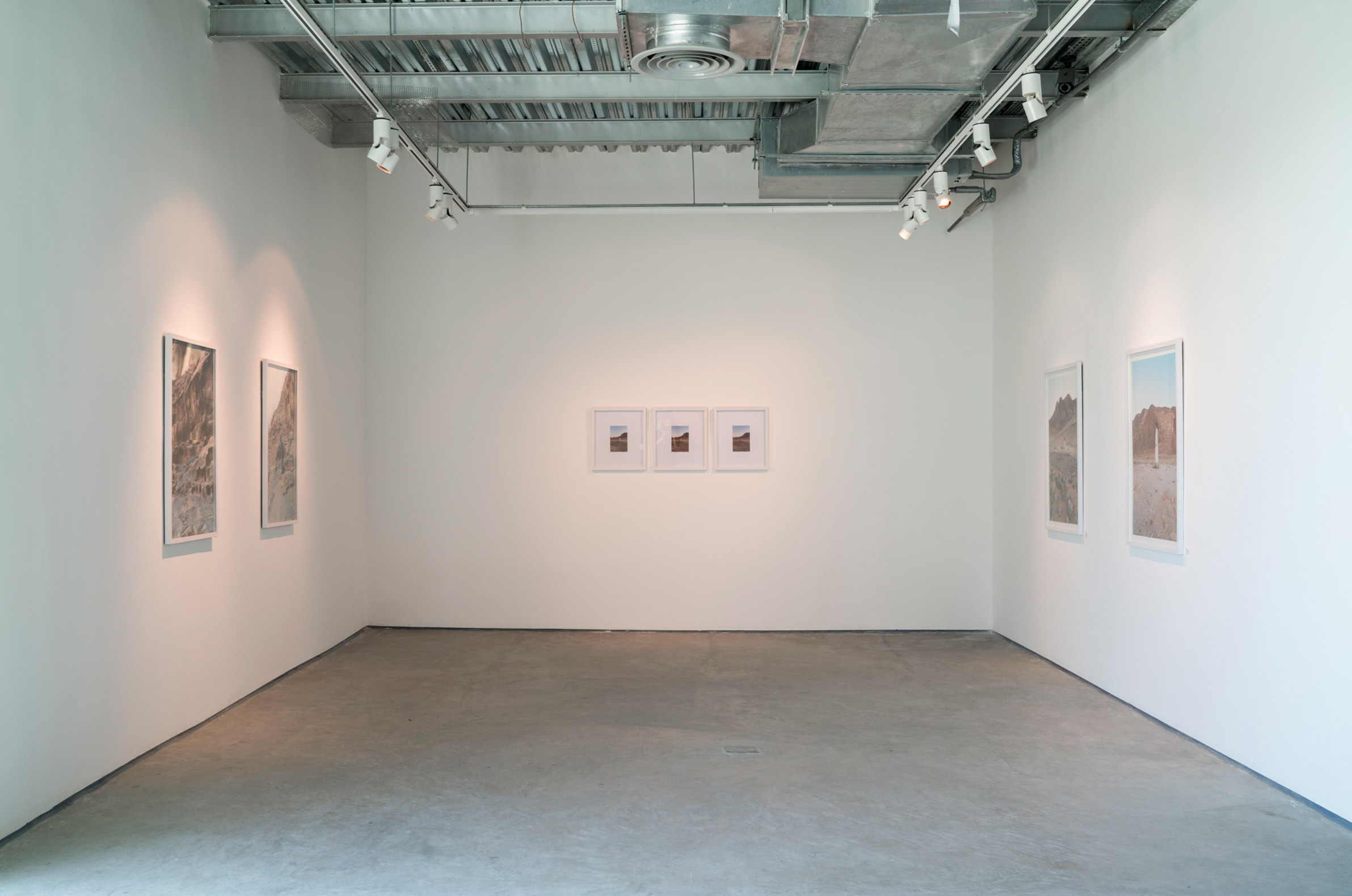


National Gallery of Arts, Amman.
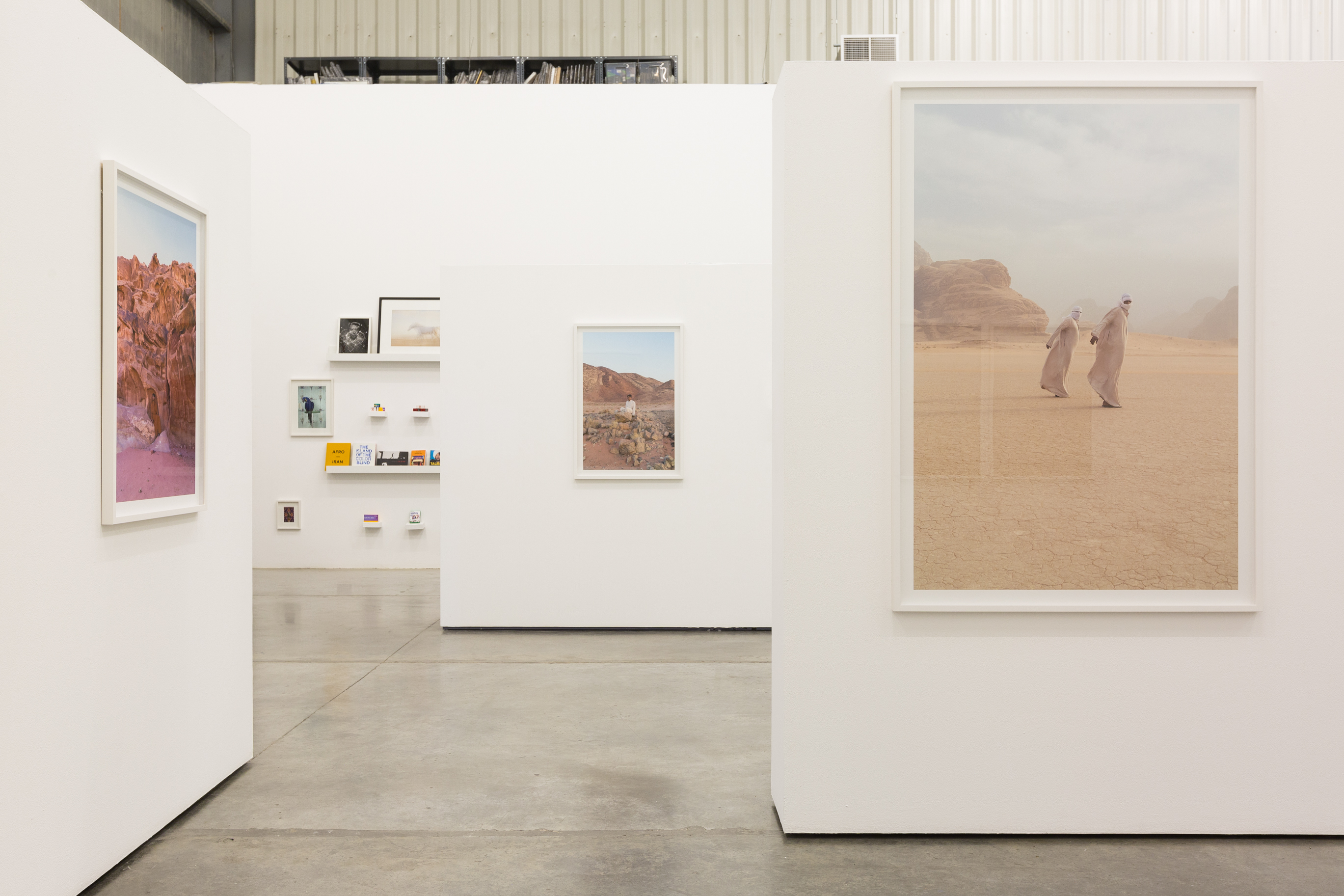


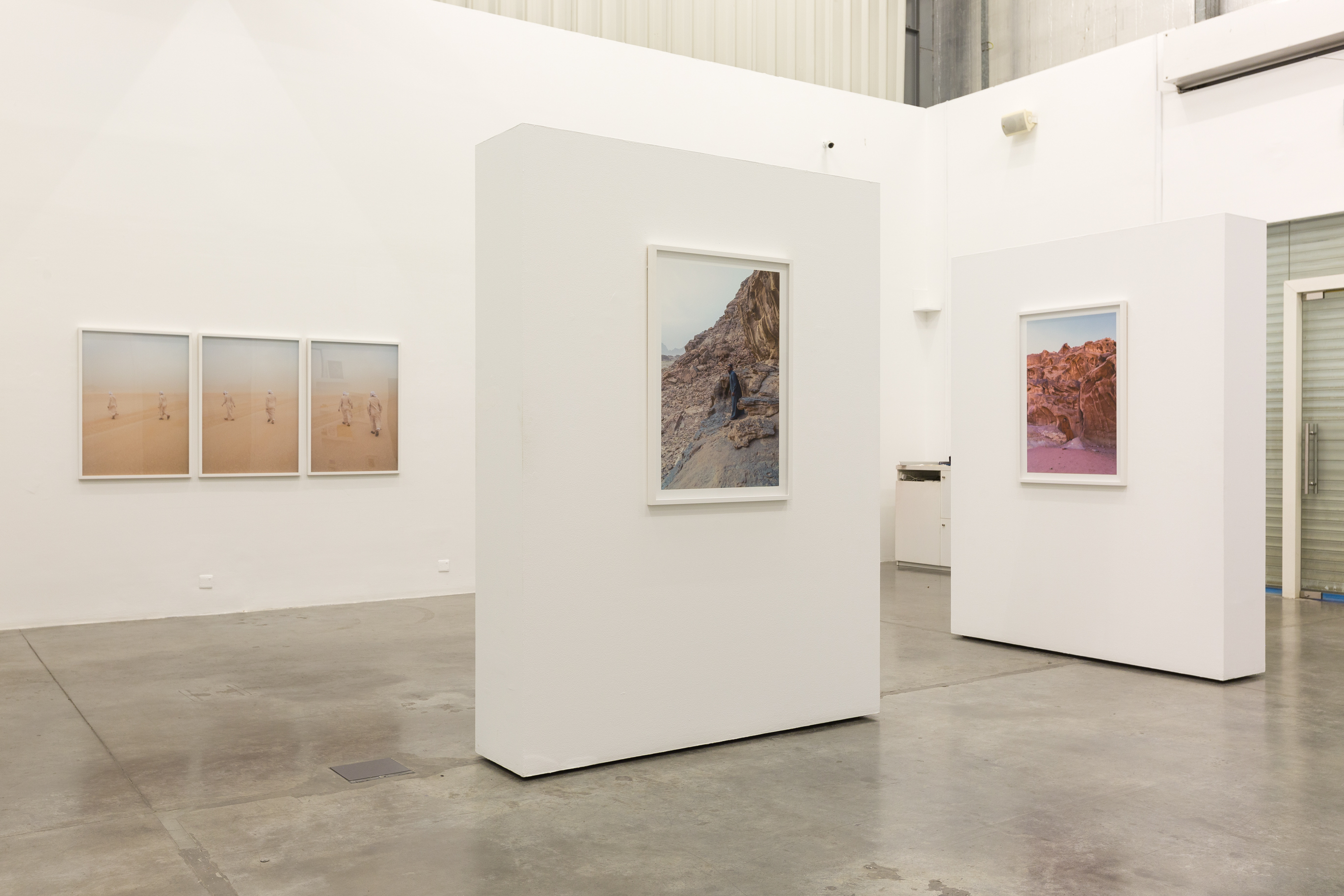
Gulf Photo Plus, Dubai.
What happens to a community when it is tied
to the past within the tourism context?
an exotic escape, a bridge
between the mundane and the exciting.
Within this context, the men
in Petra are taking center stage.
Tangling up images of an ancient past
with promises of an exhilarating adventure.
Female travelers finding a place for themselves within this narrative.
What happens to the understanding of one’s self
when it is being experienced through
the perspective of the experiencer?
I work with these men to explore
questions of identity.
With them I am exploring how the
vision of the outsider shapes
the understanding of the self.
What is put on display and what lies hidden?
Can one take part in the exoticization of their own image?
Can it still be called exoticization when it is self impos

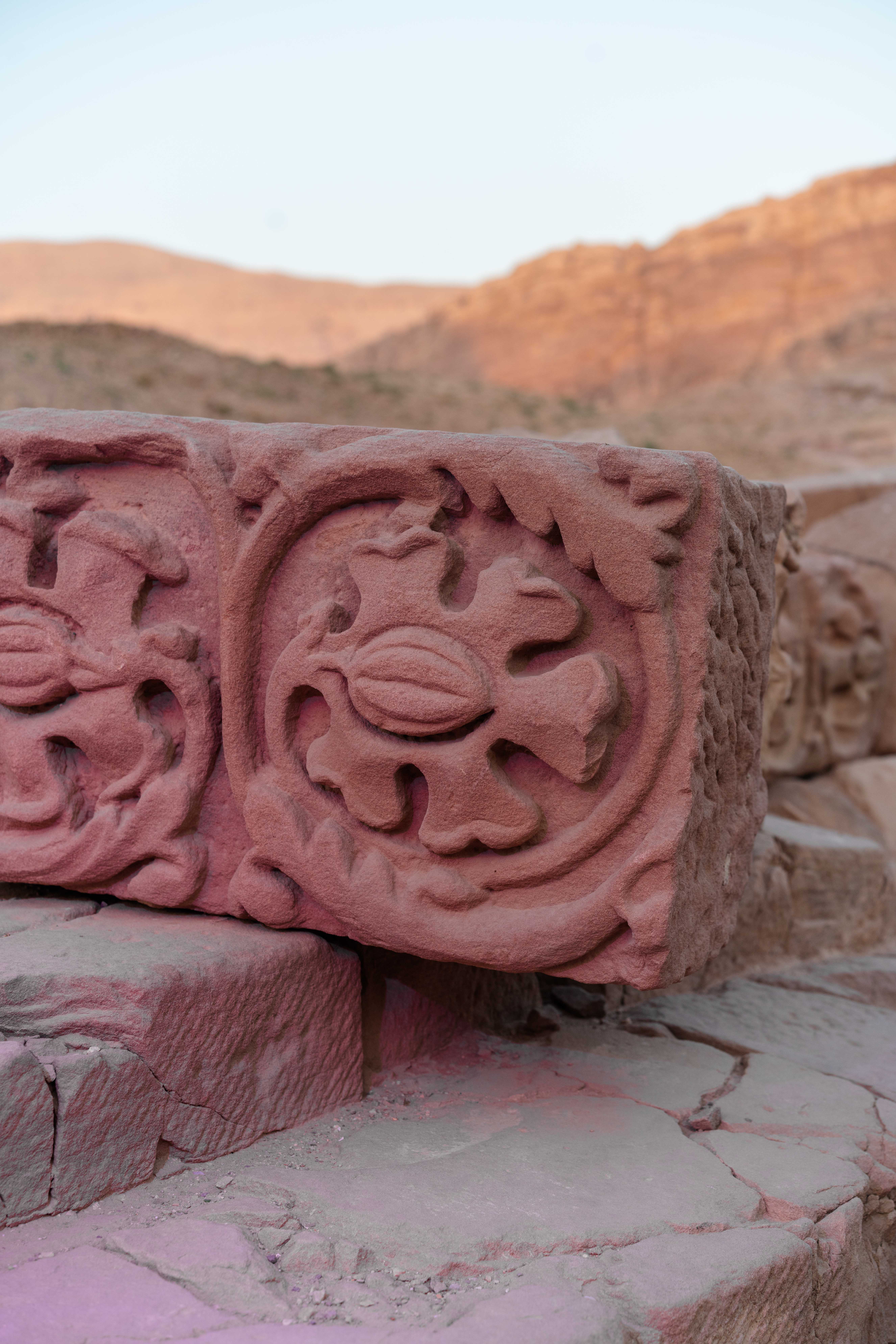
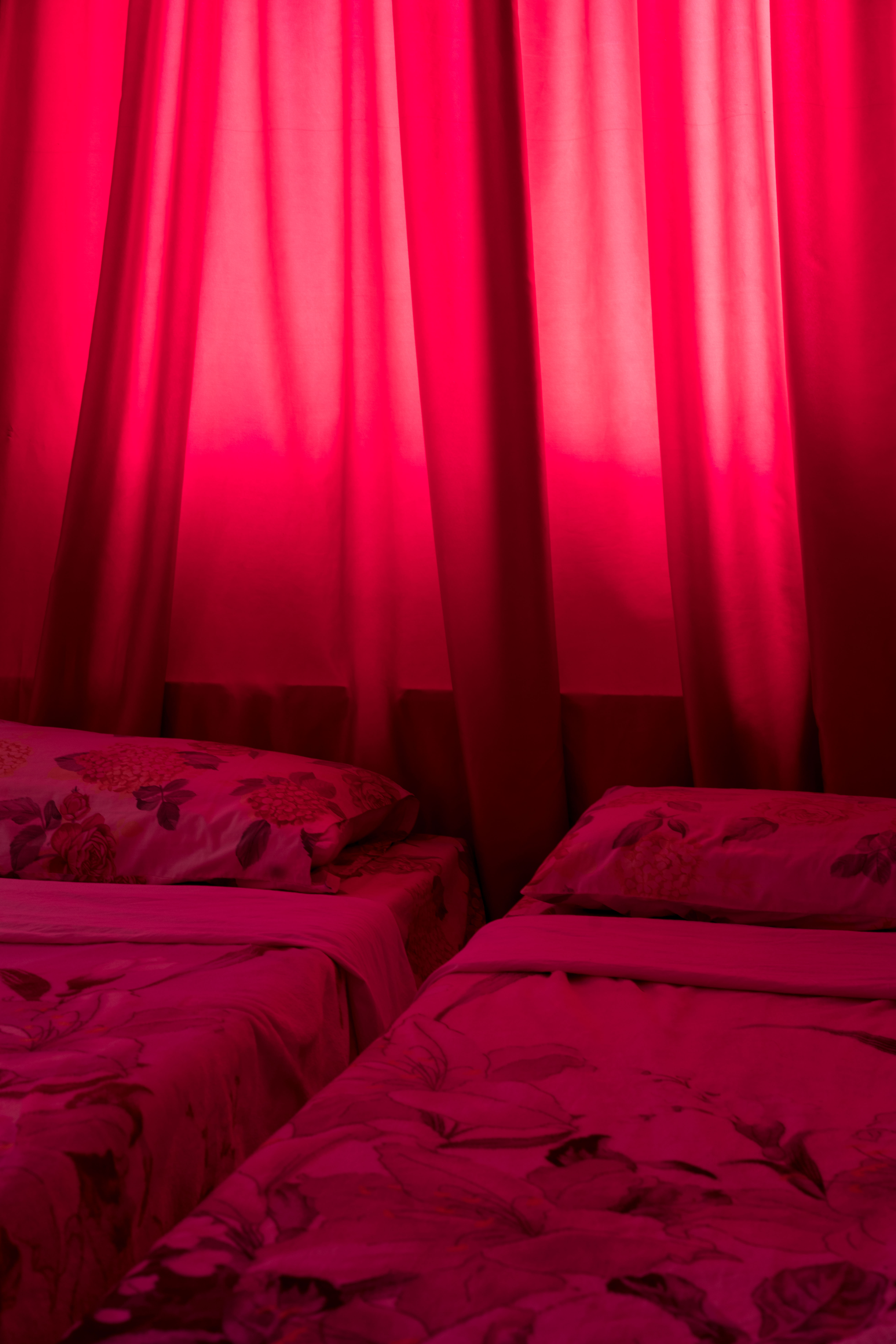
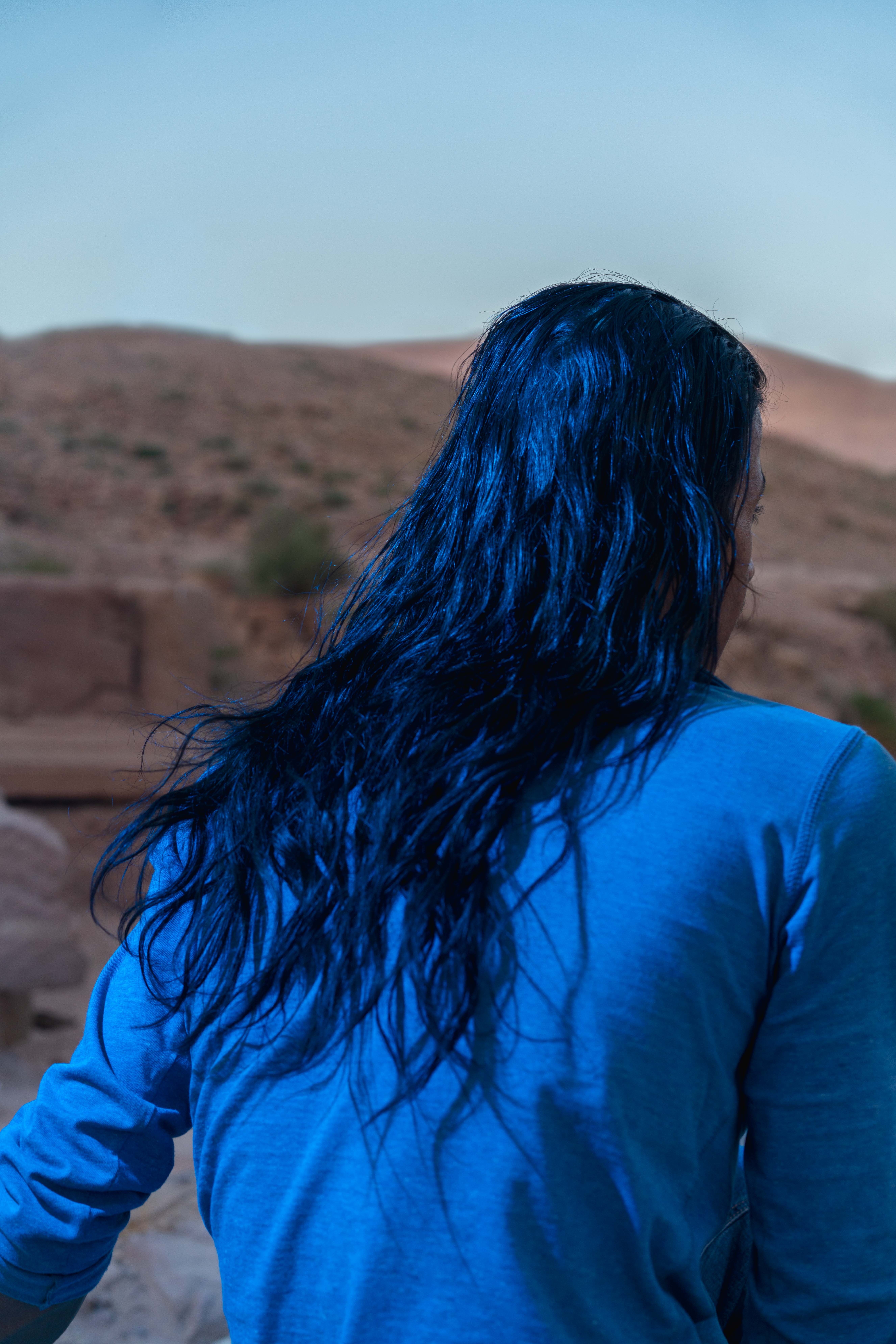
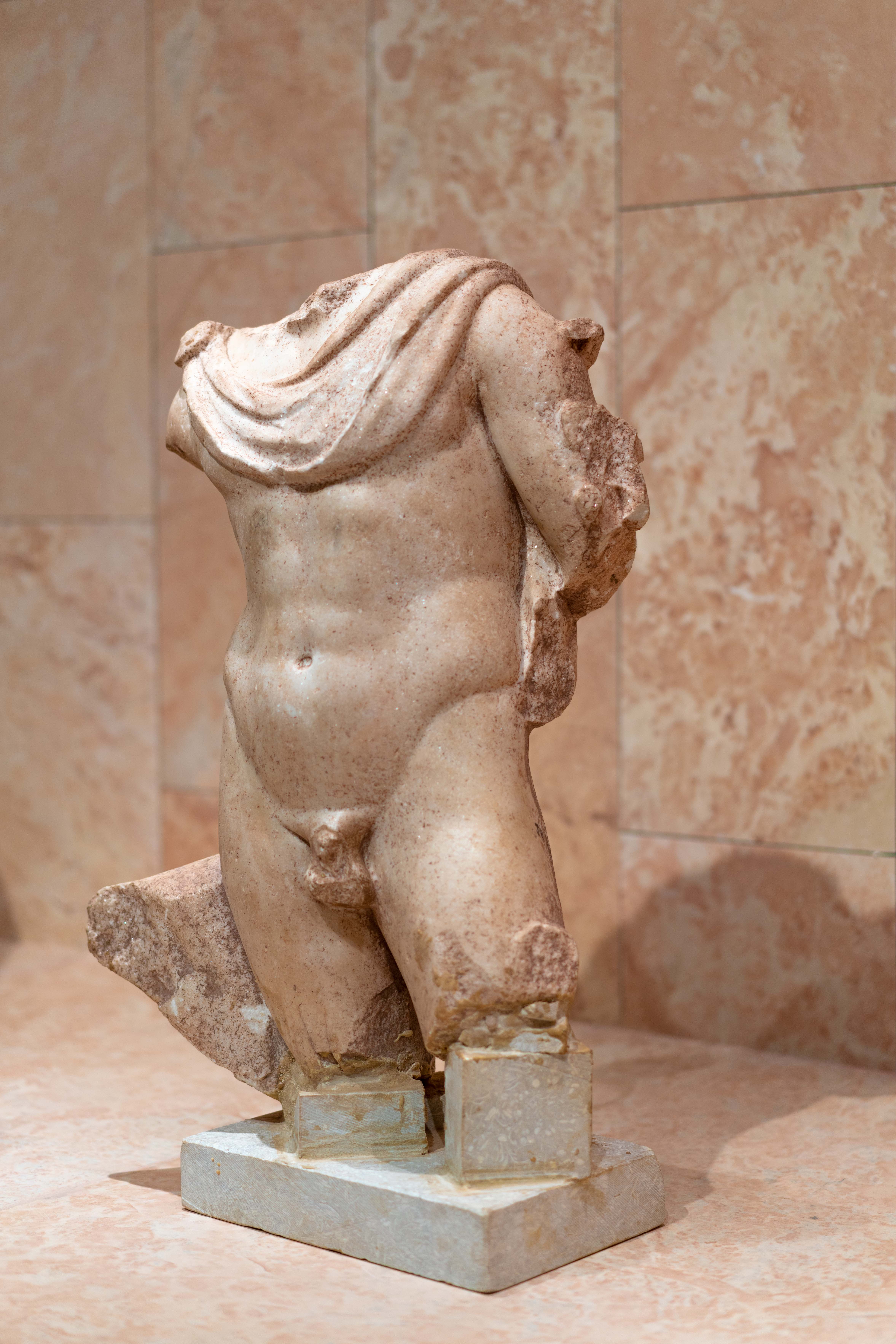
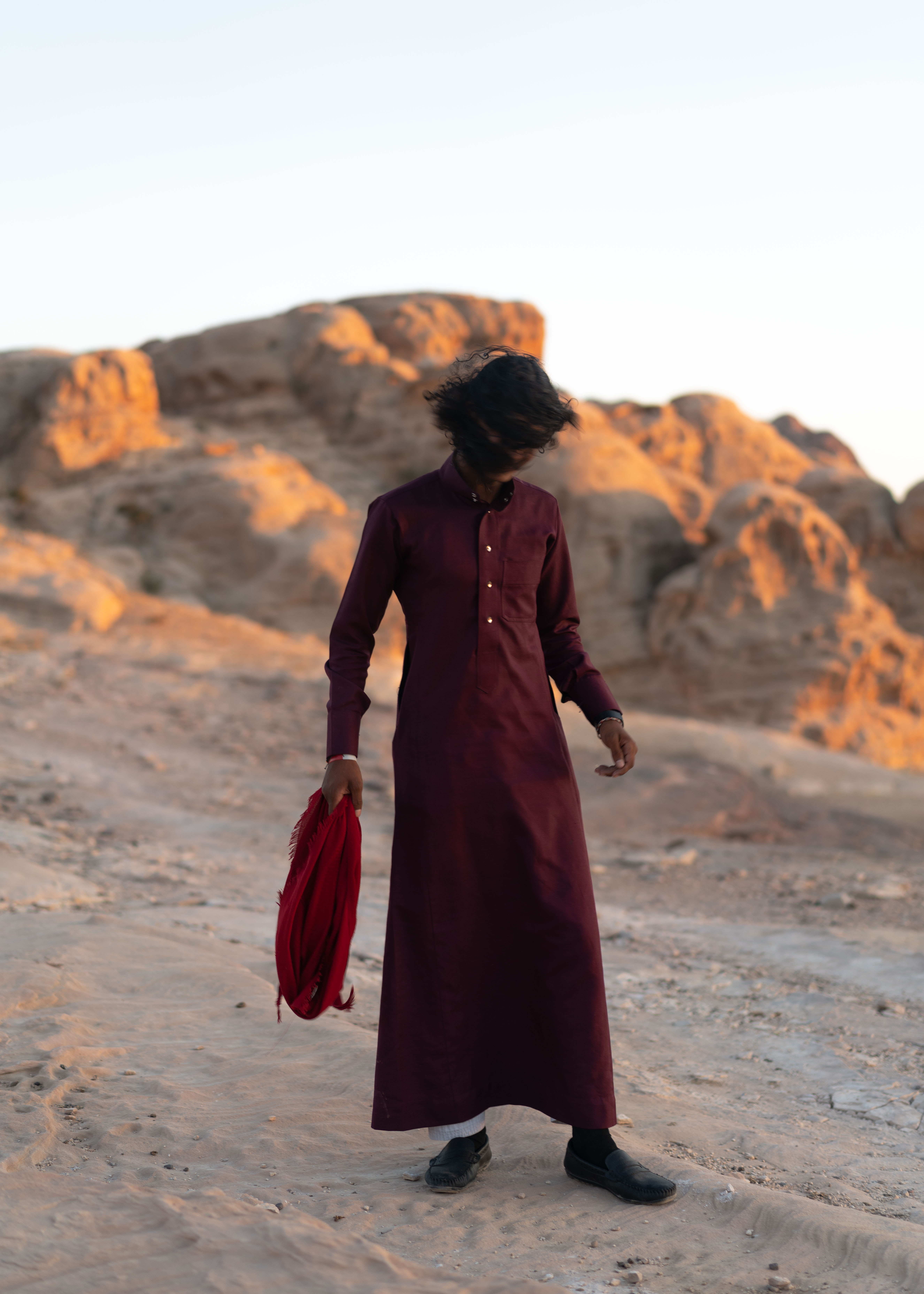
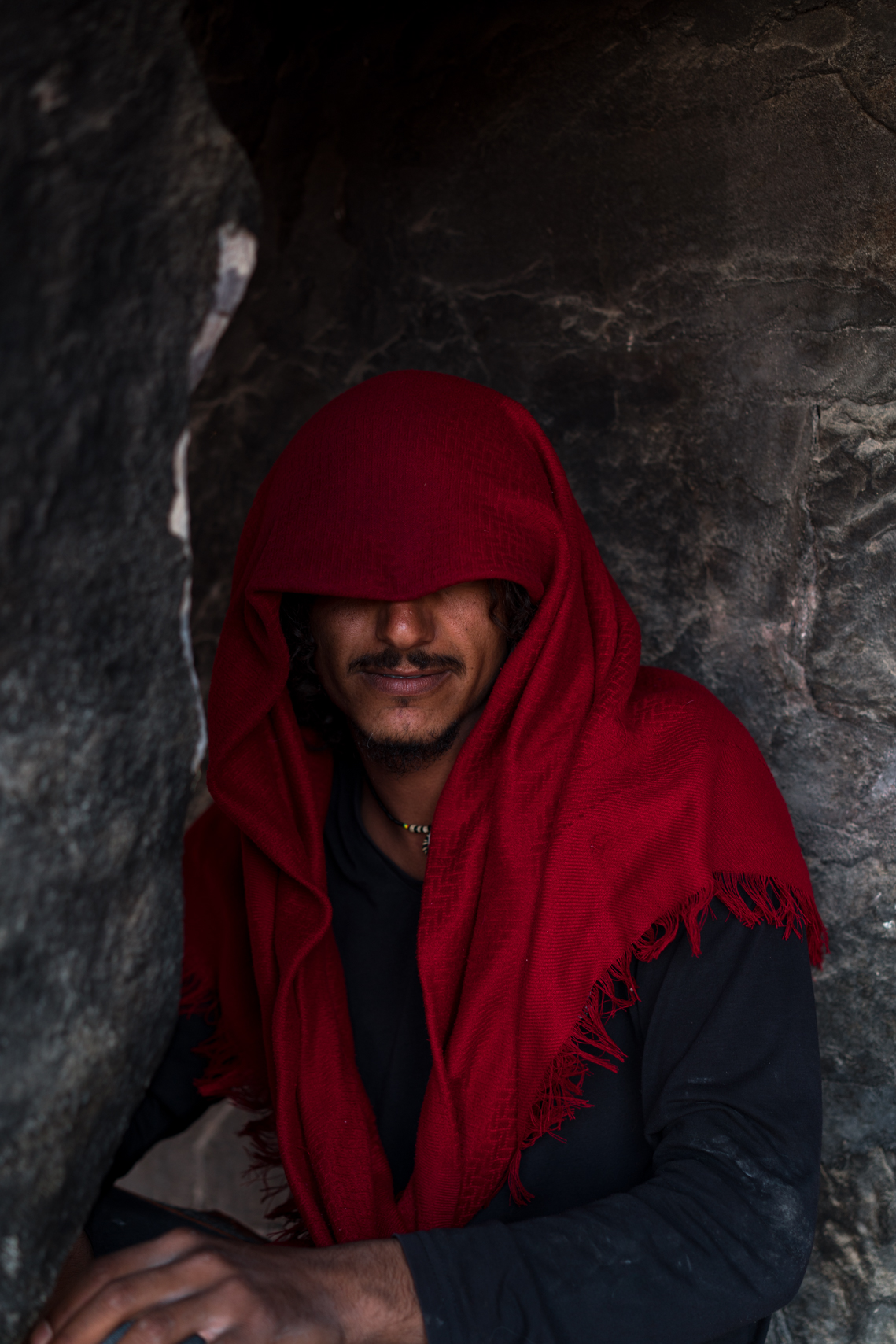
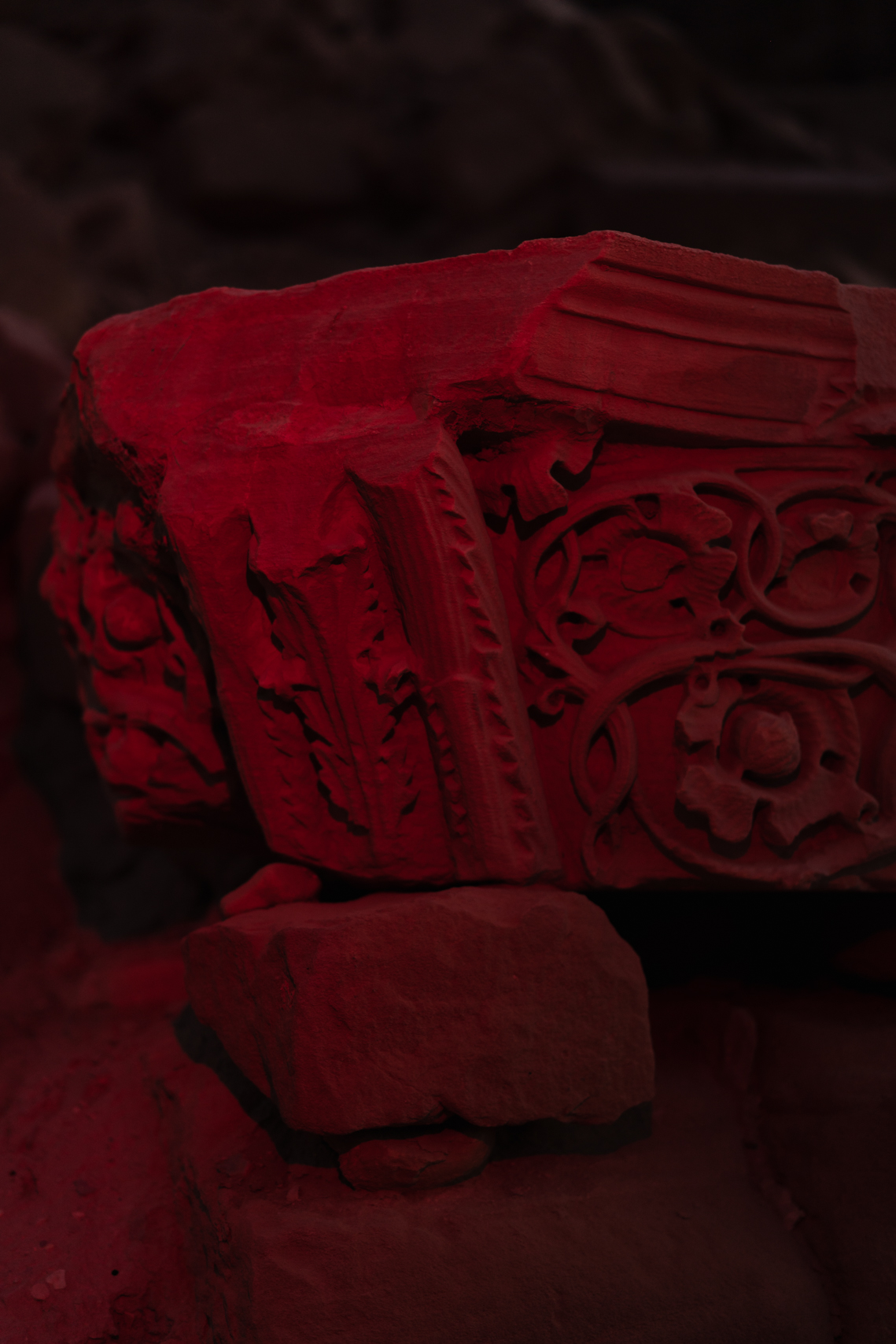
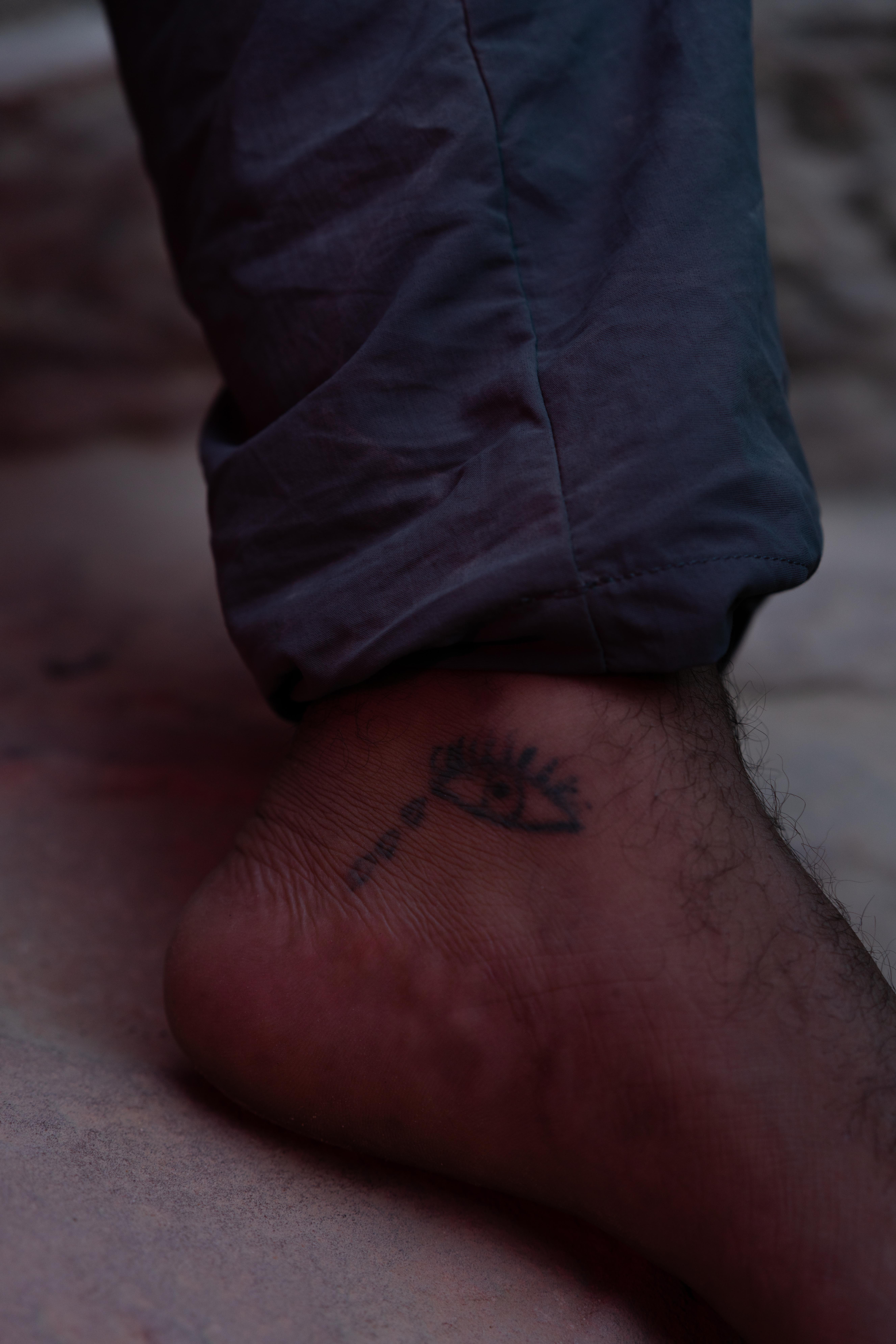
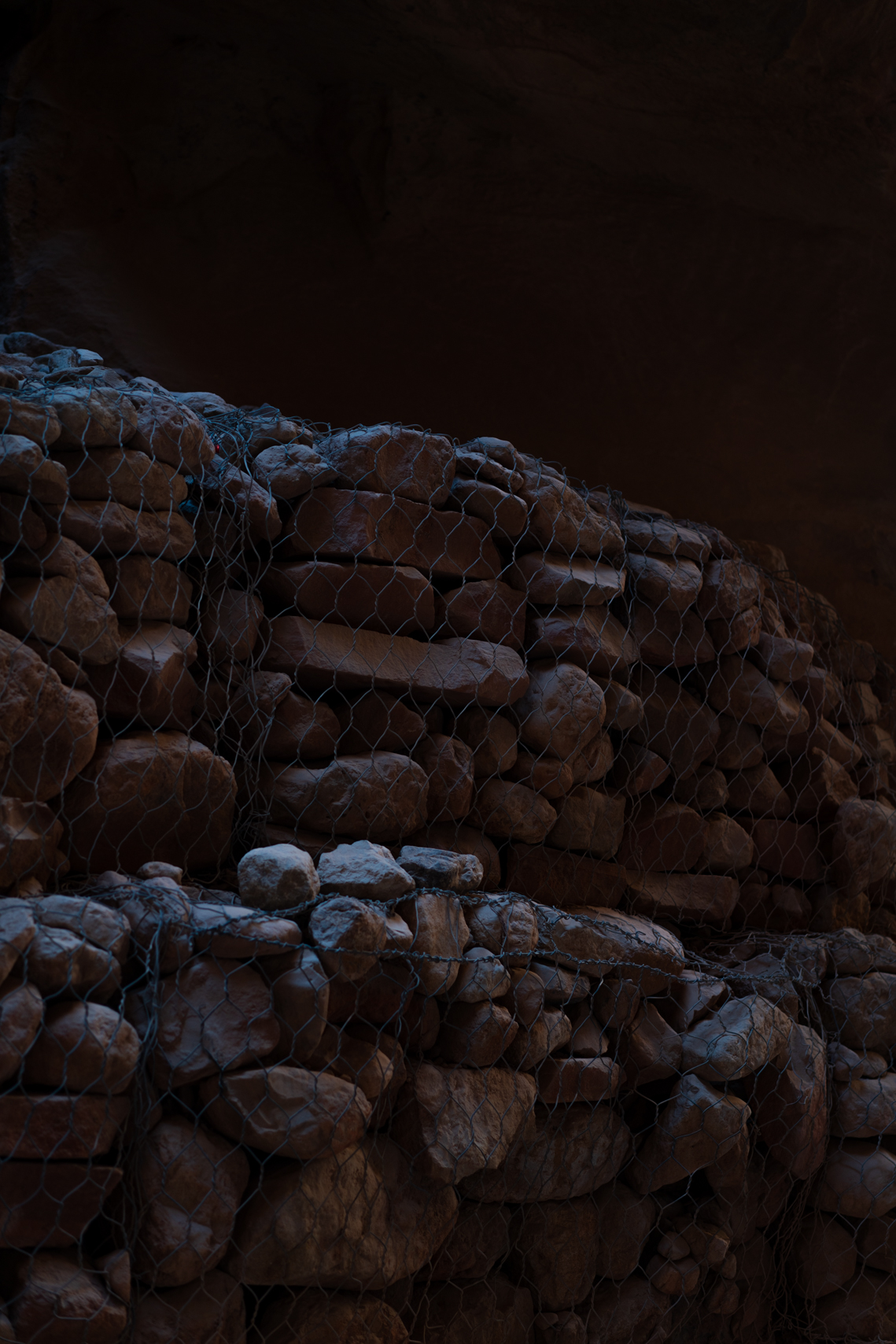
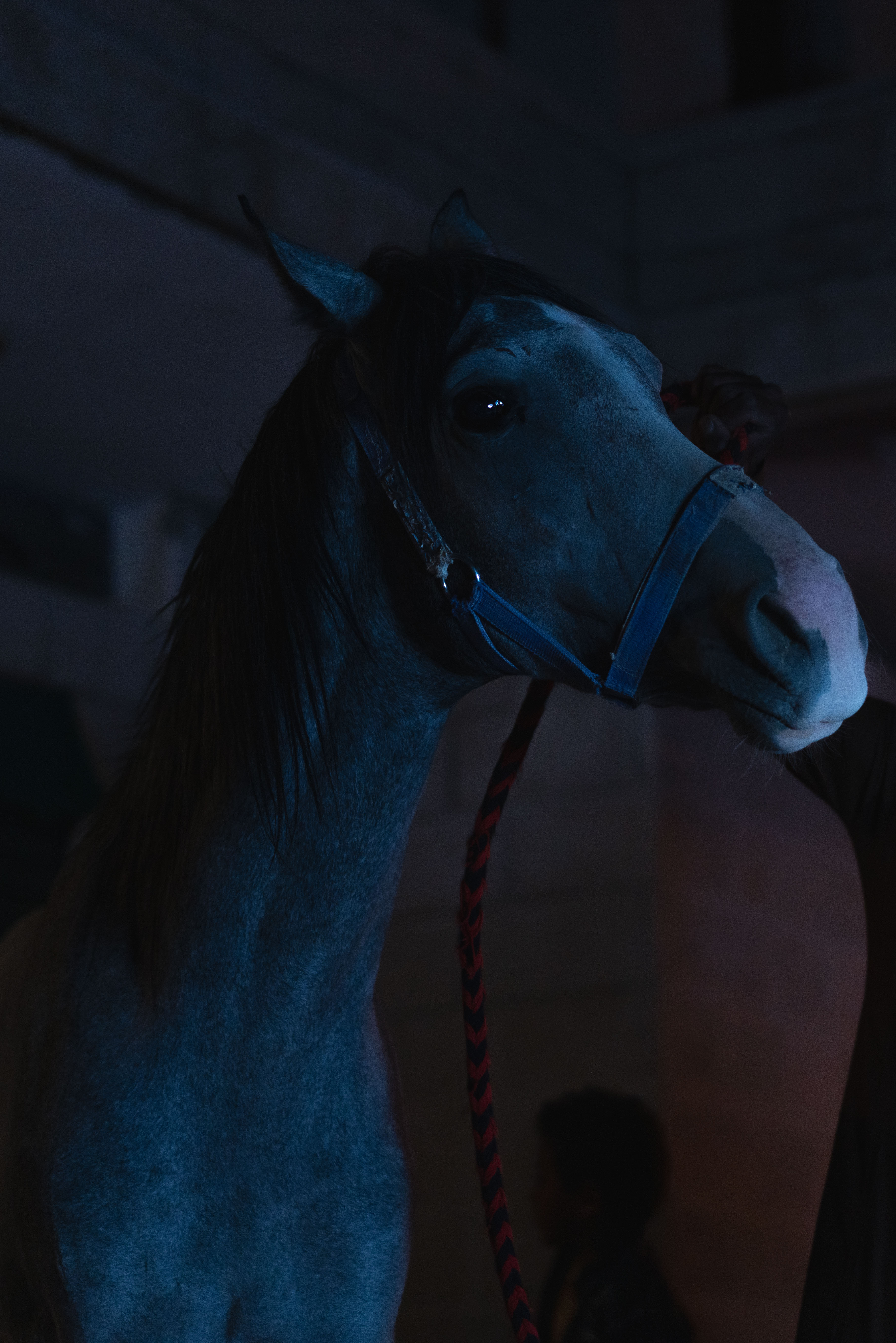
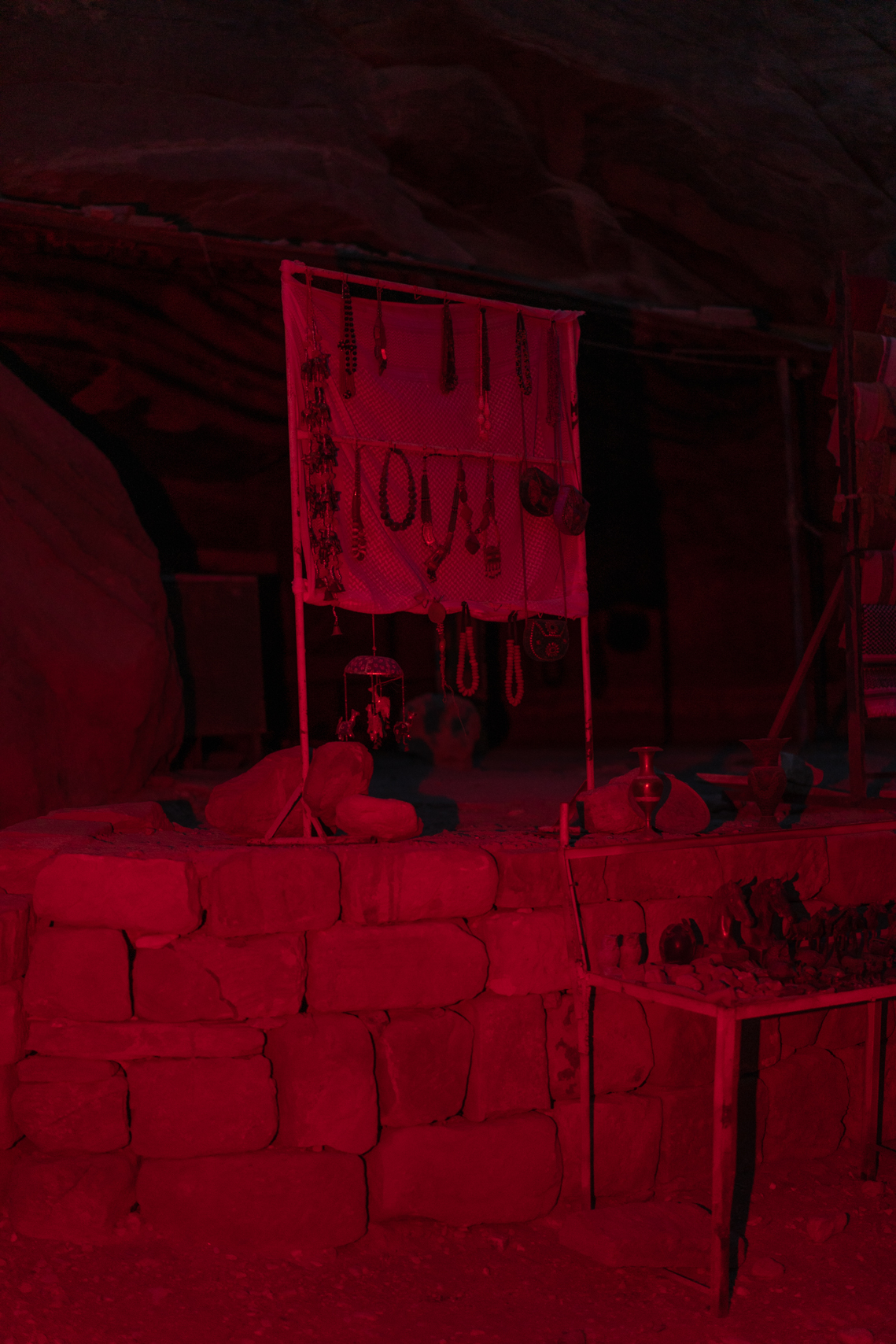
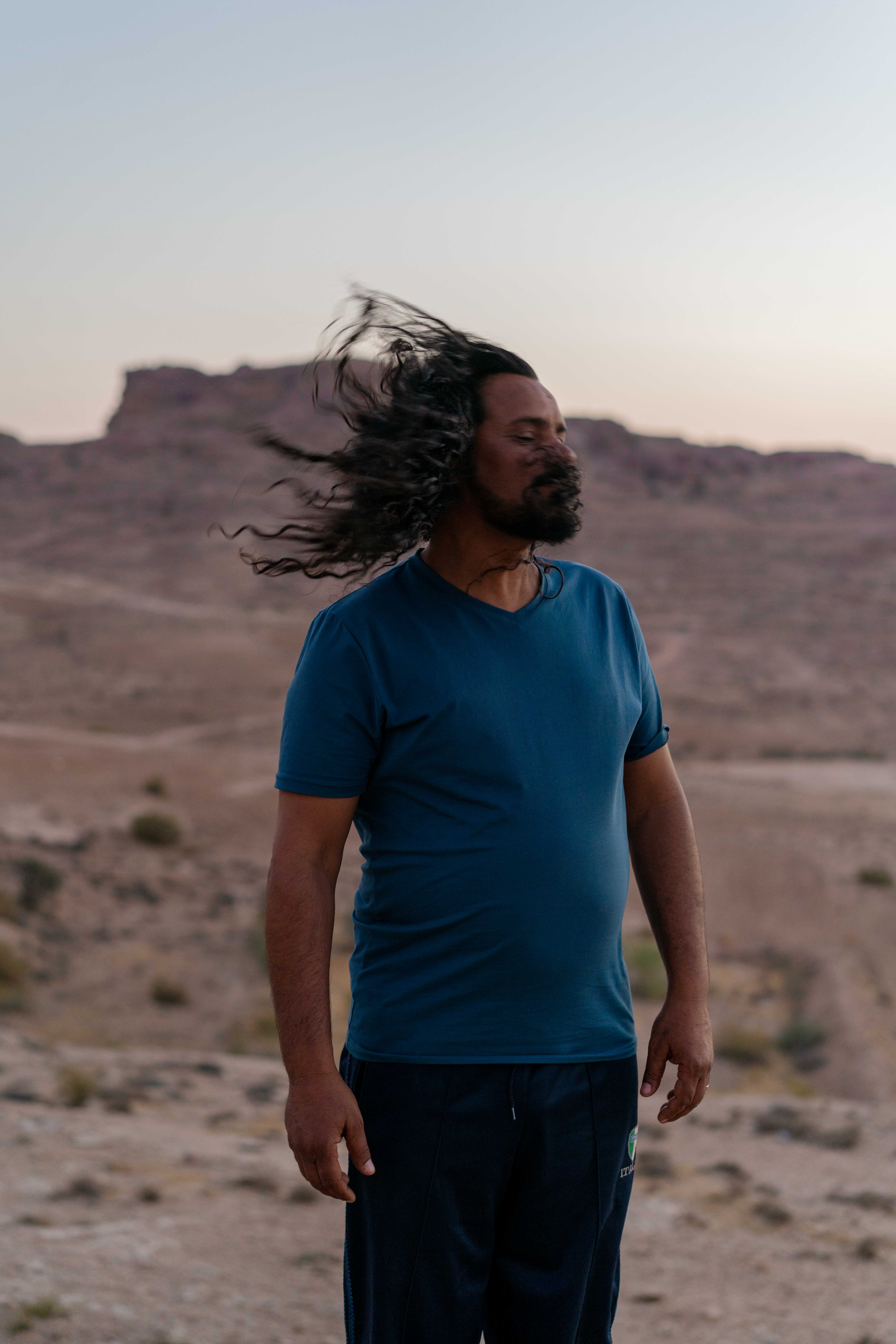
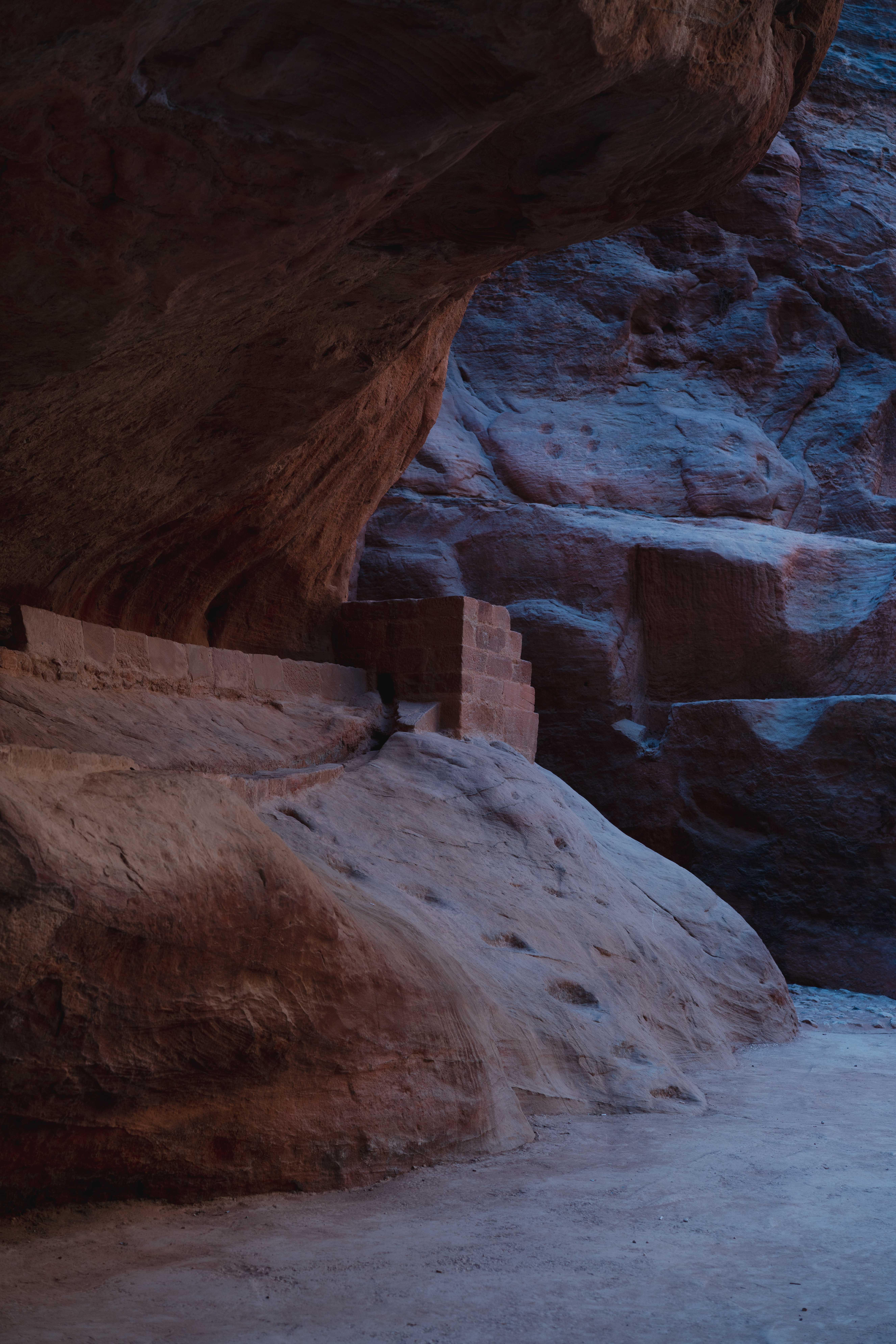
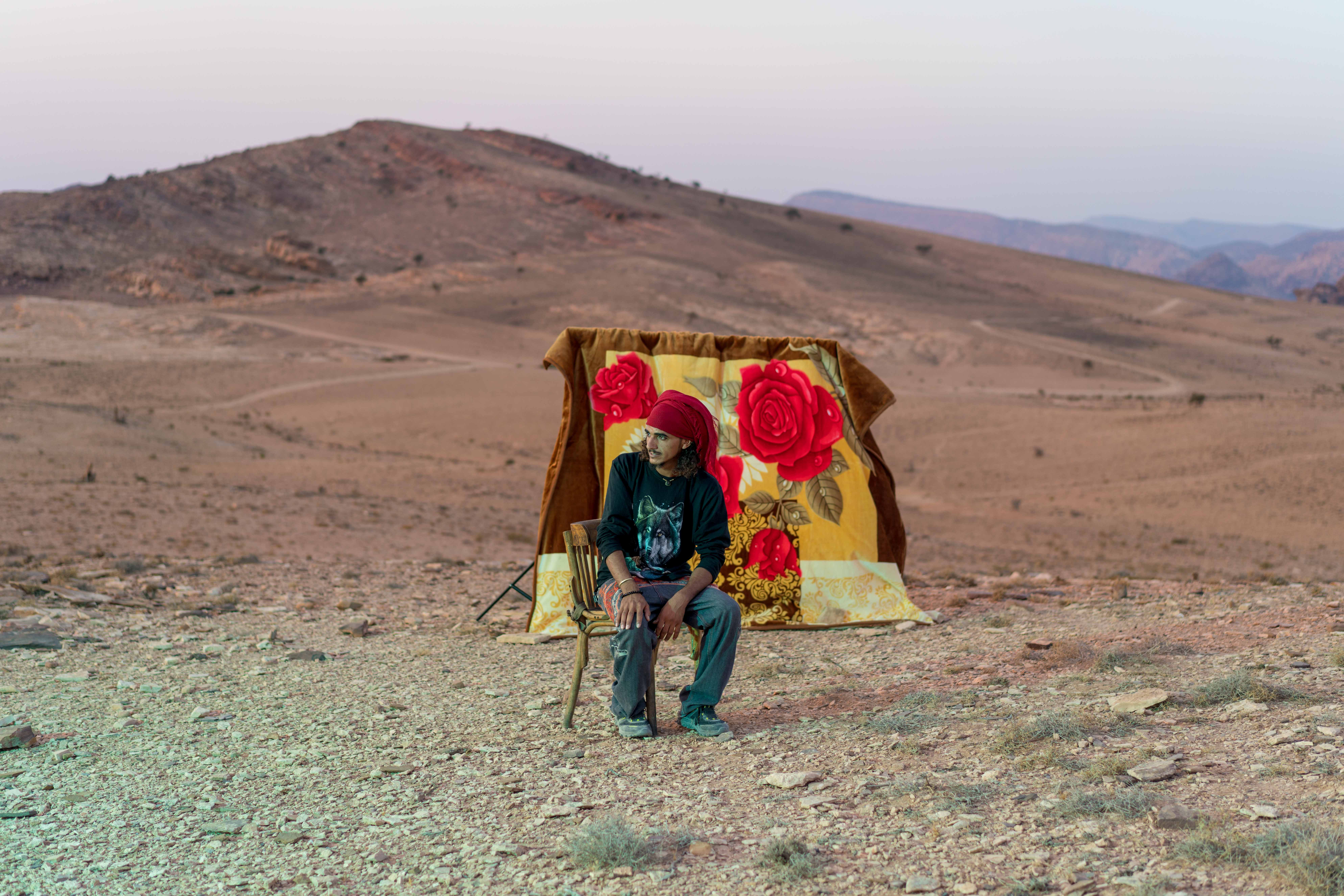
I find myself constantly returning to men in my work.
I now realise I've been creating a space where I can work out my own issues with masculinity.

